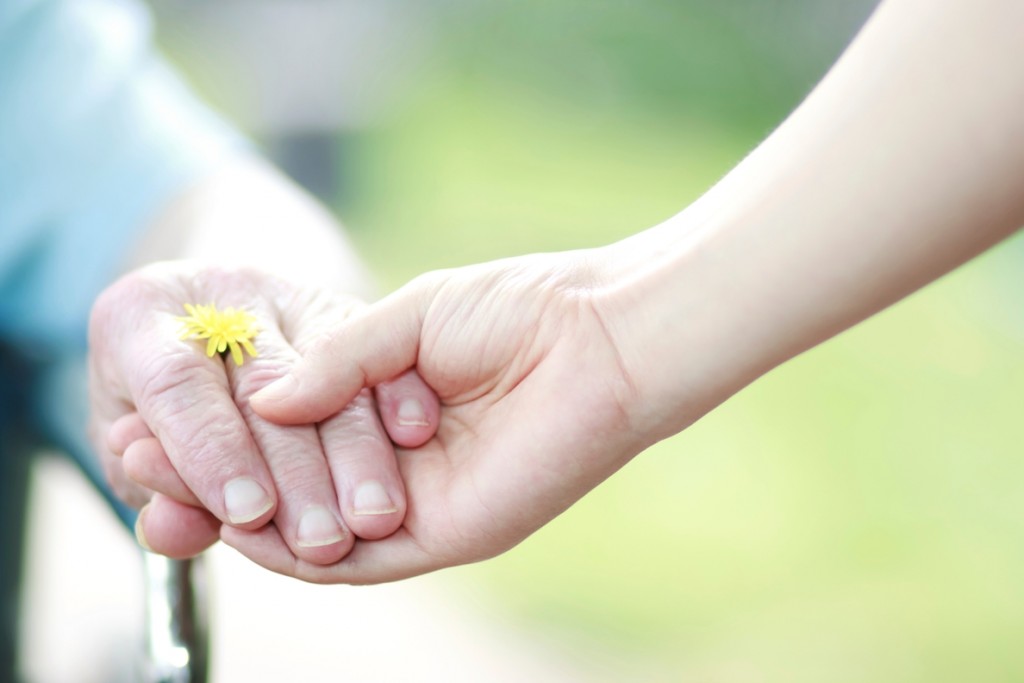 The Arizona Department of Health Services just released a report on suicides and self-inflicted injuries in Arizona over the last decade, based on information in death certificate and hospital discharge databases. Understanding suicide rates over time gives our communities and partners information about populations to target for intervention. Reducing suicide is one of the leading health priorities in the Arizona Health Improvement Plan.
The Arizona Department of Health Services just released a report on suicides and self-inflicted injuries in Arizona over the last decade, based on information in death certificate and hospital discharge databases. Understanding suicide rates over time gives our communities and partners information about populations to target for intervention. Reducing suicide is one of the leading health priorities in the Arizona Health Improvement Plan.
Unfortunately, the overall suicide rate rose in Arizona from 15.4 suicides per 100,000 deaths in 2006 to 18 suicides per 100,000 deaths in 2017. Nearly four Arizonans a day died by suicide in 2017, that’s more than the number of people who died from motor vehicle crashes. More than half of the suicides involved firearms.
Suicide is the 8th leading cause of death for males and the 11th leading cause of death for females in Arizona. Overall, males have a suicide rate three times higher than females.
We’re encouraged to see a 72% decrease in the rate of suicide among children younger than 15 over the last decade, but rates of suicide among adults between the ages of 25 and 34 have unfortunately increased by 50% during that period. The highest rate of suicide in 2017 was for adults, ages 45 to 64.
We found an increase in the suicide rate for military veterans in Arizona over the last ten years. In 2017, the suicide rate was 17% higher for veterans than non-veterans.
Studying suicide rates tells only part of the story. Understanding data about self-inflicted injury from our hospital discharge database provides more information, since a proportion of these injuries were a result of suicide attempts. Through this analysis, we found a decrease in the rate of individuals hospitalized due to self-inflicted injury, and these injuries are more common in women than men. Most self-inflicted injury-related hospital discharges were associated with poisoning by drugs.
If you or a loved one need help, there are resources available. The Crisis Response Network is available 24 hours a day, seven days a week. A live counselor can be reached by calling 602-900-5910.









